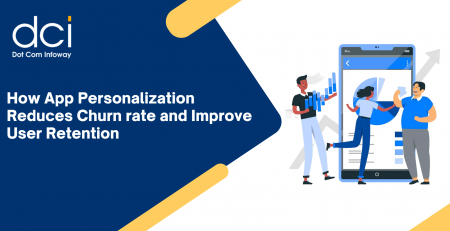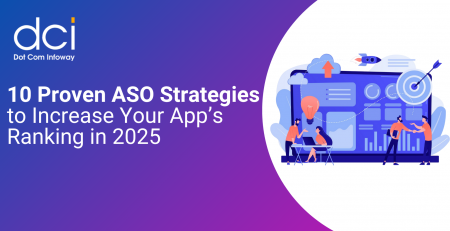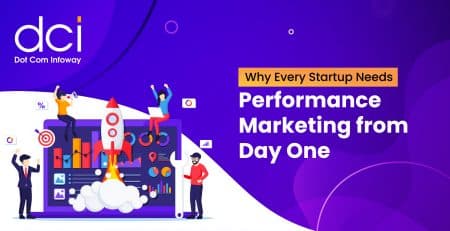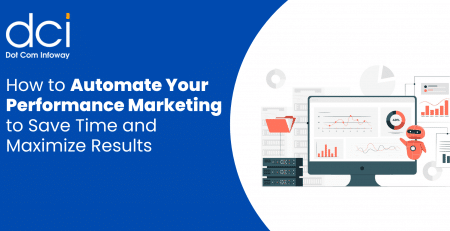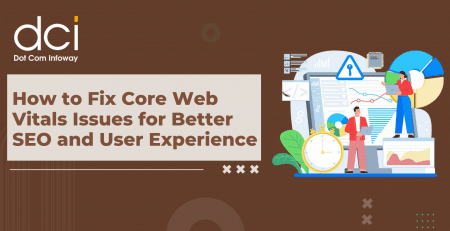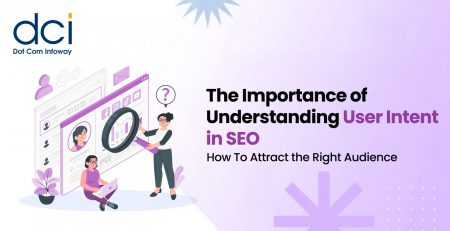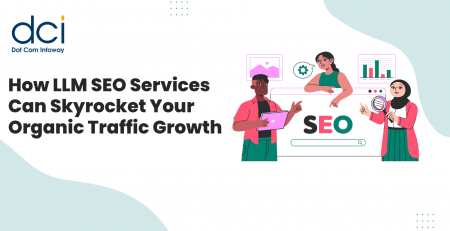Highlighting the Notable Changes in Google’s Updated App Developer Guidelines
Google rolled out a major Policy Update for Google Play last July 2020 and, as in the case in recent years, mobile app developers should be paying attention. Any change in Google Play’s policy has a domino effect, after all, that can have vast impacts on both the millions of users and developers alike. In essence, any update in the app developer guidelines can ultimately steer the course of plenty of app development projects worldwide.
Otherwise, you might be slapped with a policy violation before long and go through a lengthy process trying to resolve it. We’re going to be giving an overview of what these updates are about, their nature and how they affect developers in general.

How the Updated Policy Center Benefits Developers?
Google migrated its Policy Center to a new Help Center Platform in order to address its past unclear policy language that many developers complained about. Now, the language has been simplified and made clearer and plenty of screenshots now accompany the lines of text to serve as a visual guide for developers. You can view the updated pages yourself by simply going to play.google.com/policy.
Google also made it clear that all Policy Updates will now be announced on the Updates Preview page. The page will almost immediately reflect the policy updates that have taken effect, so it can serve as a good real-time reference for developers.
-
Regarding the grace period that Google has set for new and old apps to comply with its updated policies
Developers also have to take note that they are now given 30 days after the announcement of policy changes to make their apps compliant to the updates. Keep in mind that Google explicitly made it clear that the policy does not have to take effect yet before the grace period kicks in. This is why the moment any Android app development policy update is announced, developers have to note it and start taking steps to have their apps comply with the said changes.
Addressing a Lingering Communications Complaint from Developers When Their Apps Are Taken Down
The recent changes in app developer guidelines also notably took care of an old issue that many developers have already had qualms with in the past. Formerly, mobile app developers are often left confused once they receive a policy violation, which in turn leads to their apps being removed from the Play Store.
The confusion mainly stems from a lack of communication or a clearer explanation from Google Play as to why the violation was triggered. Google has now one way or another taken the right step in this issue by being more transparent and relaying more information about each specific policy violation placed on apps.
They do so by giving more details about each violation, and screenshots of the violations will also be sent to the developer concerned. You will also be able to know the specific policy that your app has violated.

Are You Looking for a Mobile App Developing Expertise?
Dot Com Infoway is a leading mobile app development company, which creates scalable and interactive mobile applications that can amplify the level of user experience to meet any specific business requirements.
Other Noteworthy Changes in the Google Play Developer Guidelines
1. Updated “News” App Policy
News apps developers need to be mindful of new policies pertaining to information-sharing such as:
- Making sure that the website and the in-app content contain authentic contact information for publishers.
- Sharing enough information about ownership of the news pieces published and about the publisher.
- News apps must also pay closer attention to grammar and spelling mistakes, refrain from publishing static content, and must not use the News platform as a primary way to conduct advertising and affiliate marketing.
- Members-only content needs to provide previews of articles to users before making purchases available.
- News aggregator apps have to be transparent about the source of the news content published in-app. The sources need to meet all News policy guidelines.
2. The Update on “All Files Access” Permission
Apps that fall under categories like anti-virus, file management, backup and restoration, and document management, which target Android 11 are now permitted to use All Files Access. However, Google does make an exception for apps that require broad file access to fulfill core functionality or can’t replicate the former with the help of alternative APIs available.
It also has to be noted that due to COVID-19’s impact on the availability of Google Play’s workforce, Google has temporarily disabled granting this specific permission to app owners meaning to upload their apps onto the platform.
There is no set date as to when this restriction will be lifted; the least that Google can say is until early 2021. We reiterate that this only applies to apps that target Android 11 AND request All Files Access, regardless of whether they are new or existing (assuming the latter needs to be updated.
In light of this restriction, Google encourages developers to refrain from updating your target SDK level to Android 11. Apps that target Android 10 with no Scoped Storage can use the “requestLegacyExternalStorage” flag. Those that have adapted Scoped Storage, on the other hand, can just grant access to needed directories by using the “ACTION_OPEN_DOCUMENT_TREE” command.
3. Location Anchoring with AR
AR apps that use User-Generated Content must integrate moderations systems that allow images that anchor an AR object on a sensitive location and objectionable images to be reported.
4. Families Ads Update
Google made it clear that for-children apps need to refrain from implementing certain ad practices, particularly those that disrupt the primary functionalities of the app. Lengthy ads that last more than 5 seconds are banned as well, with the exception of non-interfering ads that use a display timer.
5. Future Improvements on Google Play Console’s Policy Updates
Though this feature is still only in its Beta phase, it’s already slated for a number of enhancements on sharing updates about any mobile app development policy. For one, there will now be a dedicated interface where you can view all policy violations that your app has incurred and an Inbox feature where you can access all policy updates.
Conclusion
Many of the changes in the Google Play developer guidelines are concerned with improvements and answers to developers’ past issues, and that’s certainly a good sign. Policies have to be kept as clear as possible, after all. It only goes to show that Google is dedicated to continually developing an environment that many mobile app developers in the top mobile app development agencies will be comfortable in.
In the end, what’s important is to know these guidelines and adhere to them in order to avoid unwanted consequences you might encounter mid-development. Such scenarios only often lead to a big waste of resources, after all.
Learn More About Developer Program Policies and Publishing Apps on Google Play:

